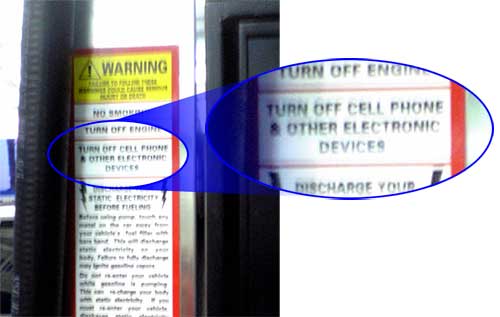I know people who consider themselves rational and logical, and deny that their emotions control or even influence them.
I know people who are highly emotional and intuitive , and who make decisions based on their feelings and their intuition.
In my experience, both paths tend to lead to disaster.
The person who strives to be rational and logical often ends up making many of his decisions completely emotionally. Why? Because he has not developed the tools to understand his emotions, or even to recognize them for what they are. So he does what seems right to him, unaware how heavily what “seems right” is influenced by his emotions…and without the tools to understand his emotions, he often ends up completely unaware of the reality of the effect they have on his decisions.
On the other hand, the person who lets her emotions have the driver’s seat–the person who allows her emotions and feelings to tell her what to do–is no better off.
You see, there is no part of human perception that is without flaw. Just like you can think you know something intellectually, and be wrong, so can you also FEEL something, and still be wrong. Emotions, like rational thought, are not infallible. Emotions and reason are not two different things, and they are not subject to different rules.
Emotions are nothing more than the way the ancient parts of our brains–the parts that do not have language–communicate with us. Emotions happen for a reason, and the things you feel have a source.
However, it is possible to feel that something is true–to feel it so completely and so absolutely that you KNOW it, more surely than you know your own name–and still be wrong.
People who put their emotions in the driver’s seat often tend to believe those emotions without question. If they feel defensive, that means that they MUST have been attacked. If they feel frightened, that MUST mean that there is something to fear.
And emotions tend to create the reality they exist in. Feelings color and flavor our perceptions of the world. When we feel that something is true, we tend to see things that support that feeling and ignore things that don’t. The irony of this is that by doing so, we can actually take something that we feel is true, but is actually false, and MAKE it true. The person who feels that he can not trust someone, or that someone is hostile to him, may end up behaving in ways that actually do make that person hostile to him. The person who believes that her partner wants to leave her, and that her partner doesn’t love her, may behave in ways that alienate her partner, and make that feeling come true.
Feel with your heart, but check your facts.
Understand your feelings. Don’t deny them, but don’t put them in the driver’s seat either. Examine them. Look at what they are saying, and then decide for yourself whether or not what they are saying is true. Decide for yourself whether or not the things you see are real, or are fabrications ceated by your feelings to try to support themselves.
People who deny their feelings can, in extreme cases, become monsters, and commit acts of atrocity. People who trust their feelings implicitly, and who let their feelings guide them, are easy to manipulate and easy to lead; it’s no accident that the overwhelming majority of cult members are people who are very intuitive and who trust their feelings. In extreme cases, feeling that something is true and not challenging that feeling also leads to atrocity; a person must have passionate feelings indeed in order to fly an airplane into a building.
Feel with your heart, but check your facts.
Like this:
Like Loading...

